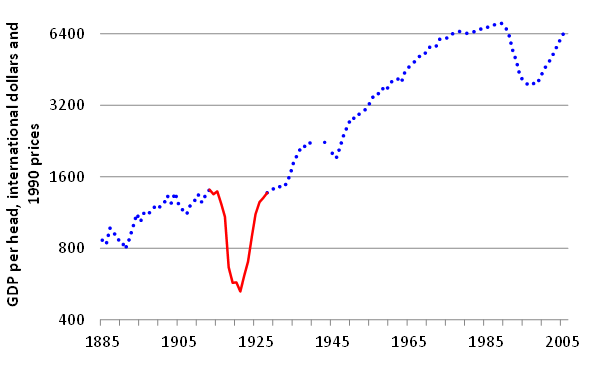Palmyrion wrote:What would be the effects of deliberately teaching recruits to be emotionally detached?
You lose a bunch of money
You lose a bunch of morale
You lose people being happy
Yeah then in 12-20 years we get to see all the news documentaries about how troops proceeded to kill themselves after they come into the civilian world, become totally unable to cope and adjust, and just off themselves.
Sometimes more often than naught they end up taking one, two, maybe twenty people with them in the process.
go for it~




